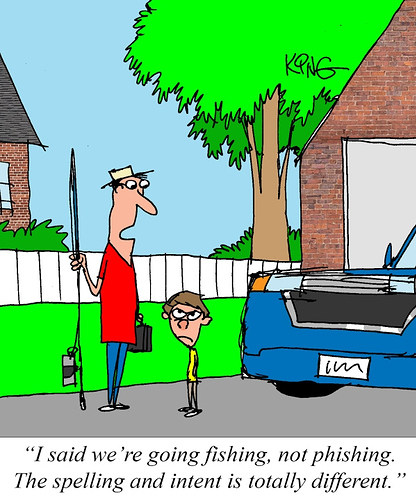As long as it’s secretly, who gives a monkey’s? C’mon Véro, get your despising out there, if you do!
Secretly, I lust after ‘Josephine Karlsson in 'Engrenages’ but as long as I keep it to myself [pace this admission] Audrey Fleurot won’t be offended.
I hear the idea of getting rid of the circumflex accent is gaining traction. Go for it! Useless article…
There must be a good reason why almost all signwriting on commercial vehicles and premises of NL, DK, N, S, B, and others is in English.
The furniture shop up near Bapaume [60], which had ‘Le Showrooming!’ writ large on its van, must have thought it would enhance sales.
Showing up the gender nonsense to the pinnacle of its pointlessness are the Spanish words pollo and polla
Un pollo is a chicken - a female creature. Una polla is a penis, the principle sexual indicator of a male creature.
A Spanish friend told me that the Spanish would rather I got the uno/una and …o/…a on adjectives right than be stuck in the present tense with verbs.
So, ‘la semana pasada compro un pollo’ is OK? At least I didn’t buy ‘una polla…’
And re Joyce Hartley, I agree. Mixing with the truckers in the HGV bar on the ferries, I found they just got the words out. Their accents were Brum, Jordie, Scouse, Tike, Taffy 'n all but the French staff had no trouble with any of it. Those of us who had years of French at school - 8 in my case - can get rather in a fankle trying to get the pronunciation as we know it should be. I know I do.
![]()
![]()





